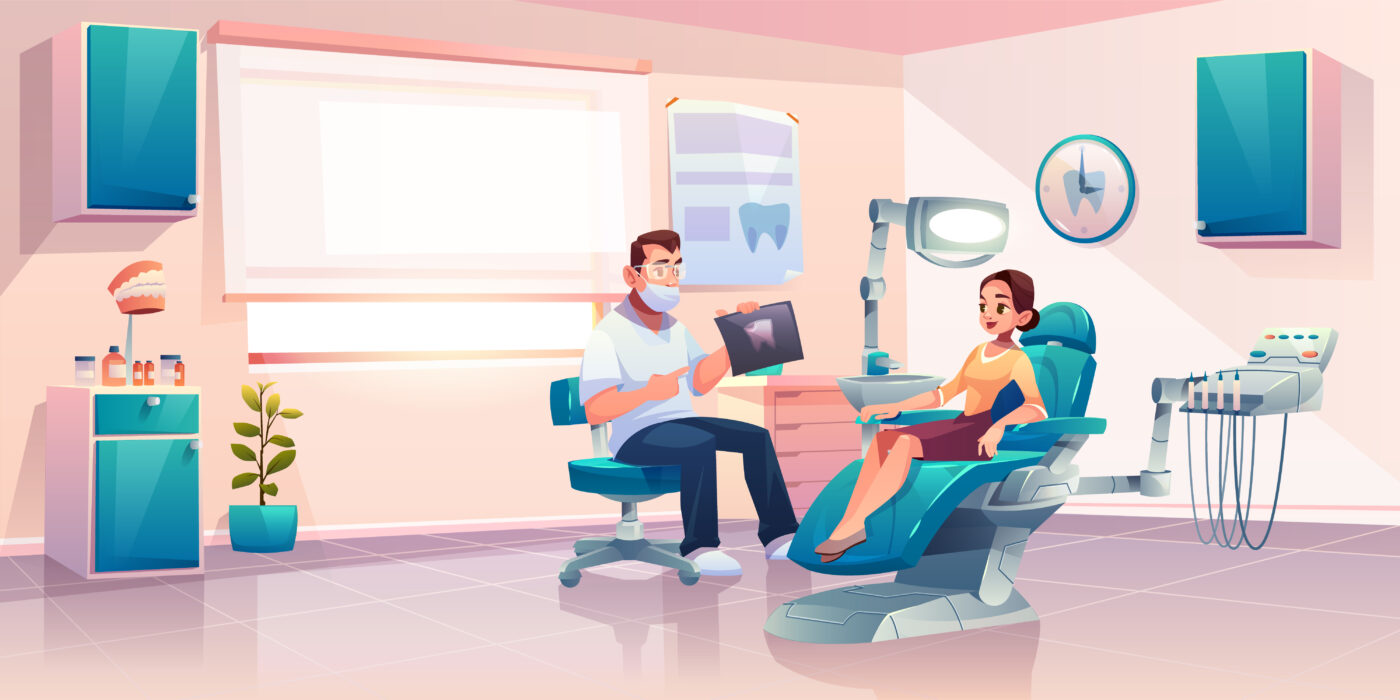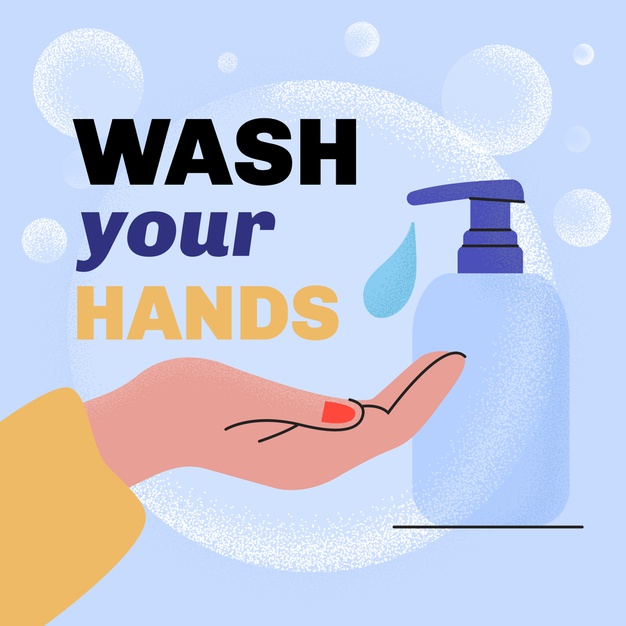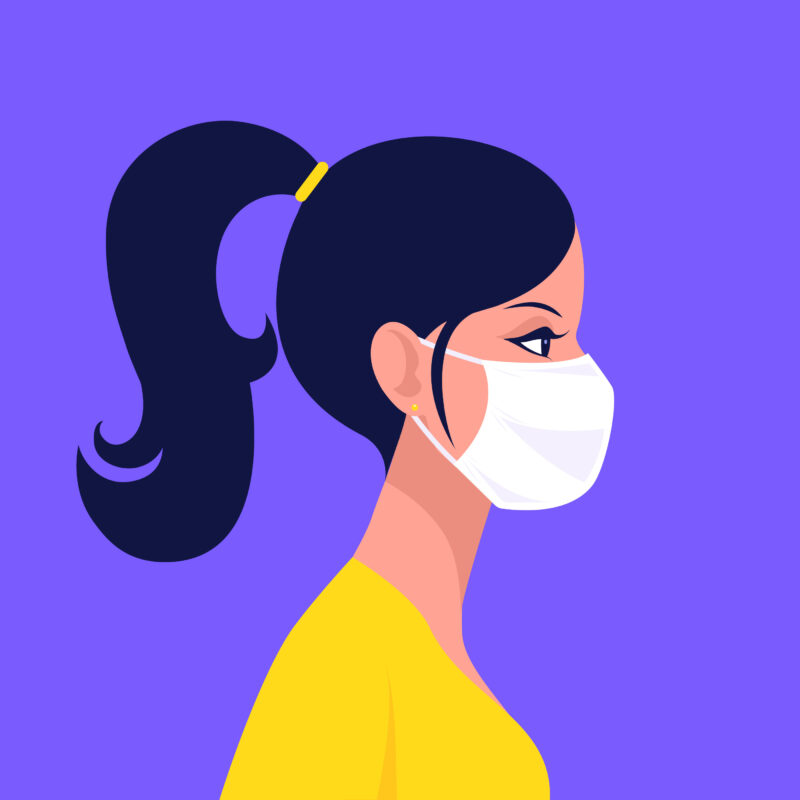Your oral health is a topic you may have ignored in the past.
Here are five more reasons to stop ignoring your oral health.
5 MORE REASONS NOT TO IGNORE YOUR ORAL HEALTH
Mrs Ileriayo’s experience…
Mrs Ileriayo sat in the hospital reception, awaiting her turn and wondering what the experience was going to be like. In the past, she had not had much personal reason to visit the physician and it was strange to be at a hospital reception on a Monday morning. She shifted on her chair, praying for a good outcome. She tried to do some office work on her tablet but could not bring herself to concentrate. Grateful for the well-fragranced reception, she chose to turn her thoughts to some fond memories.
She was at a private hospital close to her place of work at Ikoyi, Lagos and she hoped to rush to work after seeing the physician. The week before, she had visited the dental clinic twice, once for scaling and polishing and the other for a dental bridge to replace a missing tooth. As part of the registration process, on both appointments, her blood pressure measurements were taken and they averaged 140/92 mmHg. Mrs Ileriayo had been bewildered by the findings and wondered where it had all come from and what it meant for her as she juggled her thoughts.
Her dentist went on to advise her on how the mouth is related to the rest of the body and how some oral diseases may make an individual prone to some other illnesses. He then went on to give her a referral to a physician specialising in high blood pressure.
ARE YOU AWARE OF THE STATUS OF YOUR ORAL HEALTH
Many people are like Mrs Ileriayo, unaware of their health numbers and even more unaware that oral diseases could worsen or further increase a person’s chance of developing some medical illnesses. Just as it is important to have regular dental clinic visits at least every six months, it is also important to have regular medical check-ups.
Scientific studies have shown that there are oral health conditions, particularly diseases of the periodontium (tooth-supporting structures in the mouth) that may increase a person’s chance of developing some medical conditions. These problems may arise when the periodontal tissues of the teeth are inflamed, get invaded with bacteria and the bacteria go on to cause problems elsewhere in the body.

HOW DOES IT HAPPEN?
Bacteria usually live in the mouth of every human being and this is normal. However, sometimes bacteria can cause affect oral health adversely. The process usually starts with poor oral hygiene, and there is an accumulation of dental tartar and dental biofilm which harbour all the bacteria. The bacteria start to infect the gums and then the process may move deeper along the tooth to affect other parts of the periodontal tissues. As this process progresses, there might be dull pain, bleeding while brushing, bad breath and in severe cases, shaky teeth.
The inflammation around the tooth causes some small ulcers around the tooth which makes it possible for the bacteria to invade the tissues and enter the blood stream. The body tries to fight these bacteria in the blood but sometimes, the bacteria may get planted in some tissues and cause some more infection.
The bacteria also produce bad chemicals called toxins that may go to the rest of the body through the blood or lymph. These toxins act to protect the bacteria but also damage different tissues in the body.
As the body tries to fight the chemicals and the toxins they produce, a process called inflammation is set in motion which can result in even more problems.
In case you are wondering how all of these can cause medical illnesses, keep reading.
There are several popular reasons to take care of your teeth but below are five more reasons not to ignore your oral health that you probably never knew about.
Below are some of the things the dentist explained to Mrs Ileriayo.
High blood pressure as in the case of Mrs Ileriayo increases her chances of developing a condition known as atherosclerosis by damaging her blood vessels and making them more prone to plaque and clot build up.
The bad bacteria that enter into the blood from the mouth can affect the heart directly by causing blood clots or promoting atheroma formation which contribute to atherosclerosis.
The bad bacteria can affect the heart indirectly by causing release of some proteins from the liver that can also contribute to atherosclerosis. This is just one way of oral health affecting the rest of the body.
Another way oral health affects the body is through blood vessels that supply the brain. Studies have shown that people with a more severe case of loss of tooth-supporting bone are at a greater risk of having a stroke. This is because there is a greater risk of clot formation in the blood vessels that supply the brain.
A bacterial infection of the tooth-supporting tissues may also play a role in Alzheimers disease. This happens when the bacteria gets into the blood and crosses a barrier around the brain called the blood-brain barrier. These bacteria produces bad toxins which may affect the brain cells directly or may cause inflammatory responses that will in turn activate some special brain cells called the “microglial cells”. This activation can in turn lead to death of some brain cells.
The bacteria can also contribute to the formation of some proteins (tau protein, amyloid beta) that play a role in the development of Alzheimers disease.
Oral disease have been considered to increase a person’s chance of developing dementia.
Yes, your oral health can affect your lungs.
Loss of the tooth-supporting bone has been found to be associated with a risk for a chronic lung condition known as chronic obstructive pulmonary disease.
Poor oral hygiene can encourage the accumulation in the mouth of bacteria that cause lung disease and therefore, a disease of the periodontium may increase a person’s chance of getting hospital-acquired pneumonia (nosocomial pneumonia).
When bacteria from the mouth gets into blood, it can reach the amniotic fluids and affect the unborn child by contributing to a condition known as vaginosis.
One bacteria frequently seen in vaginosis is the fusobacteria which is a bacteria that commonly causes periodontal disease. Vaginosis may then result in pre-term birth and low birth weight.
Long-standing disease of the tooth supporting tissues has also been seen to be associated with pre-eclampsia.
Finally, your oral health can also affect your joints.
Inflammation of the tooth-supporting tissues may cause some problems in the body’s general inflammatory response causing an imbalance in the system. This imbalance is also found in rheumatoid arthritis. However, more research is needed to prove this.
WHAT DO YOU NEED TO DO?
We hope our advice came in time because a dental visit in time definitely saves nine. If you are not a regular patient at the dental clinic, we advise you to start today.
To prevent oral disease from contributing to the earlier discussed medical conditions, the key is to get rid of the bad bacteria that cause the oral disease.
So, the first step is to get a clean mouth and afterwards, to keep a clean mouth; it’s the same advice that has never gone cold.
TAKING THE RIGHT STEPS
A visit to the dentist will help you to assess your mouth first.
After you visit the dentist, you will know how clean your teeth are and what you need to do to get them clean.
A visit to the dentist will make it possible for you to get a scaling and polishing treatment done.
Scaling and polishing is one of the most important steps in getting out the bad bacteria. If you take the tartar and bad bacteria out, you keep yourself farther away from oral disease.
A visit to the dentist will help you learn to brush the right way.
When you visit the dentist, you will learn the proper way to brush in order to effectively clean your mouth. You will also learn the right toothpaste and toothbrush to use.
A visit to the dentist gives you a chance to ask all your questions, clear your doubts and allay your fears.
- Brush your teeth twice a day, in the morning and last thing before bed.
- Floss your teeth with a dental floss at least once a day. This will help clean in-between the teeth that are difficult to reach.
- Pay attention to your teeth and do not ignore any warning signs your teeth give you.
- Plan to visit the dentist as soon as you notice anything unusual about your teeth
- Take of your body while you take care of your teeth.
- Consult your physician as soon as you notice any unpleasant symptom. Do not ignore those symptoms and do not self-medicate.
- Stay hydrated. Drink plenty of water, it prevents a lot of problems.
- Eat healthy. A healthy diet is the key to a healthy body, many chronic medical conditions have been linked to poor diet. Consult with a physician or a nutritionist for more information.
- Request for a full medical check-up. Some medical conditions are really silent killers, a full medical check-up will help you catch them on time.
COPING WITH THE COVID-19 PANDEMIC
The world has been recently hit by the novel Corona virus (COVID-19) pandemic, the government bodies and health authorities have invested a lot of time and resources into combating this epidemic.
All over the world, people are more aware of microbes than they had been in recent times but the awareness cannot be over flogged.
For the sake of your health, the sake of those around you and the world at large, please play your part to stop the spread.
- Wash your hands frequently for at least 20 seconds
- Keep an alcohol-based hand rub handy
- Maintain a distance of about 1 metre between you and the next person
- Avoid social gatherings
- If you have to sneeze or cough, use a paper towel or a disposable napkin and discard immediately. You can also sneeze or cough into a flexed elbow if you do not have a paper towel.
- If you feel sick, stay indoors, away from people and inform the health authorities.
- Even if you don’t feel sick, stay home and go out only when you really need to. This is of course subject to the government policy in your region.
- Verify any news before you spread it. Resist the urge to spread unverified news. You can verify news by visiting official websites or the social media pages of disease control organizations in your region
- Stay calm and do not spread unnecessary panic.
Keep clean and stay clean.
Keep a clean mouth, oral health is wealth.
Book an appointment with one of our dentists at Schubbs Dental Clinics.



